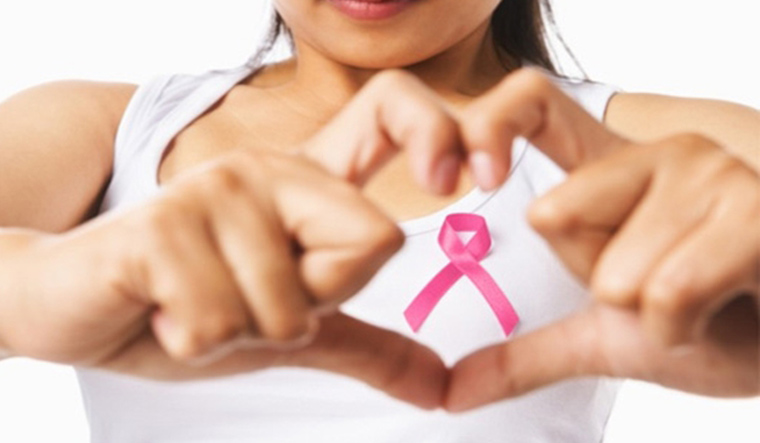A leading private hospital in Delhi has teamed up with National Association for the Blind (NAB) to engage visually-challenged women in early detection of breast cancer by harnessing their pronounced tactile capabilities.
After undergoing training, two of these women have joined the hospital as Medical Tactile Examiners (MTEs), as they are being called, as part of a pilot project.
Fortis Hospital at Vasant Kunj, in association with NAB, has launched 'Discovering Hands'— a unique breast screening technique for early detection of breast cancer for women across all ages.
'Discovering Hands' is a unique initiative from Germany that trains visually impaired women, using their highly developed tactile sense to identify the minutest abnormalities in the breasts.
In a nine-month-long training programme supported by Bayer Crop Science, visually-impaired women are trained to screen patients of all age groups and also detect breast cancer. “These MTEs have helped to screen more than 100,000 women in Germany, Austria and Columbia in this innovative programme,” the Fortis Hospital said in a statement.
According to Mandeep S. Malhotra, head, Department of Surgical Oncology at the hospital, "A very recent study on breast cancer has suggested peak incidence in Delhi, between 40-50 years. Also, most of the women present to us in stage III."
Lives of almost 90 per cent of the patients from this dreaded disease can be saved if it is detected at an early stage, he said.
Screening mammography is mainly applicable after the age of 40; moreover about 30 per cent of Indian women have dense breasts, which are not idle for mammogram, he said.
Breast cancer is rising rapidly in the country and is one of the major diseases suffered by women.
All lumps or thickenings in the breast need medical attention to determine whether they are one of many benign lumps that can occur in the breast or are malignant.
Age, family history, genetics, dense breasts and race are the major risk factors for breast cancer. Lifestyle factors such as smoking, excessive alcohol consumption, an inactive lifestyle and lack of exercise might also contribute to breast cancer, the hospital said.
Early symptoms of breast cancer may include pain in breast, discharge, remarkable change in shape and size, rash, flaky or crusty nipple and dimpling of the skin, it said.


